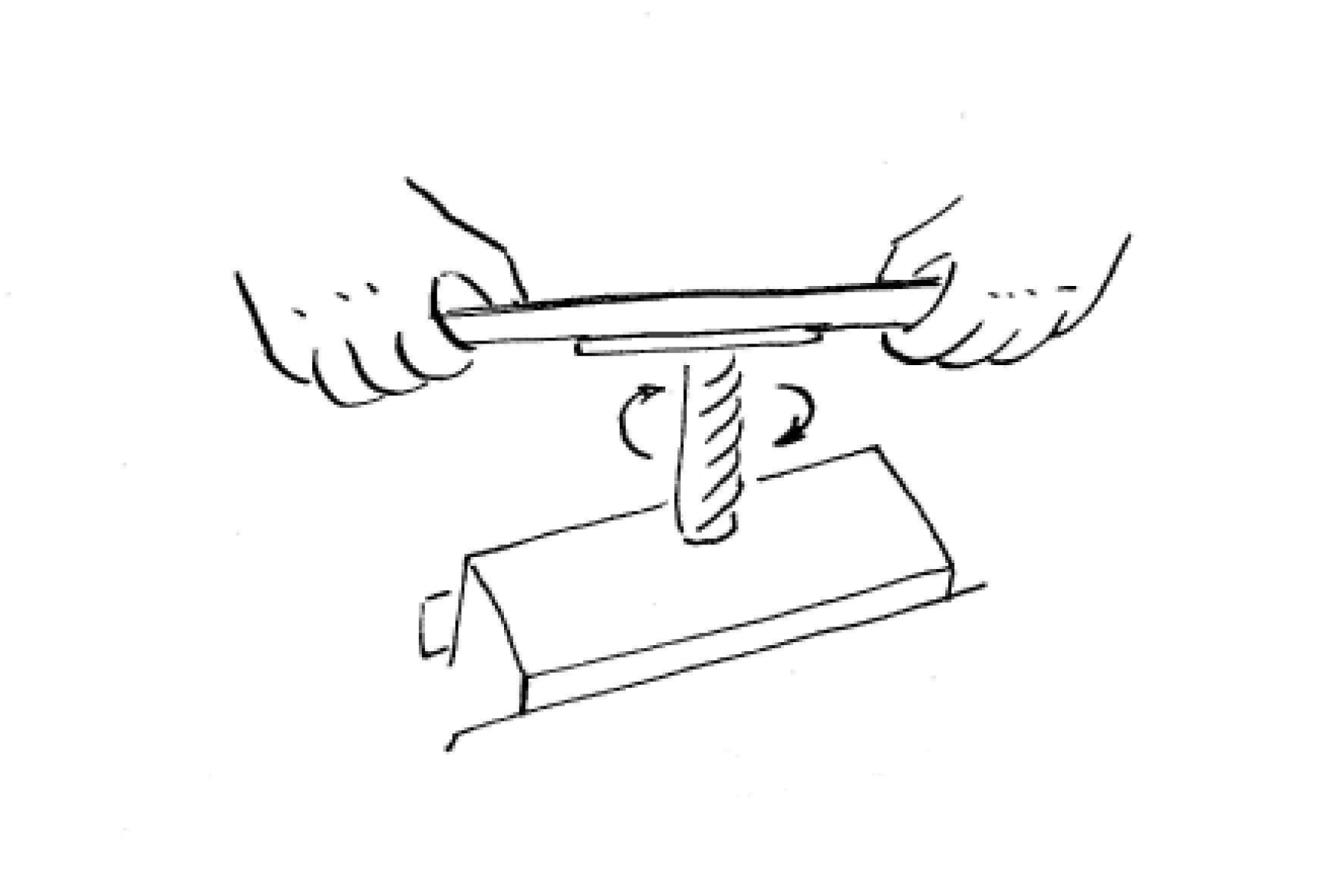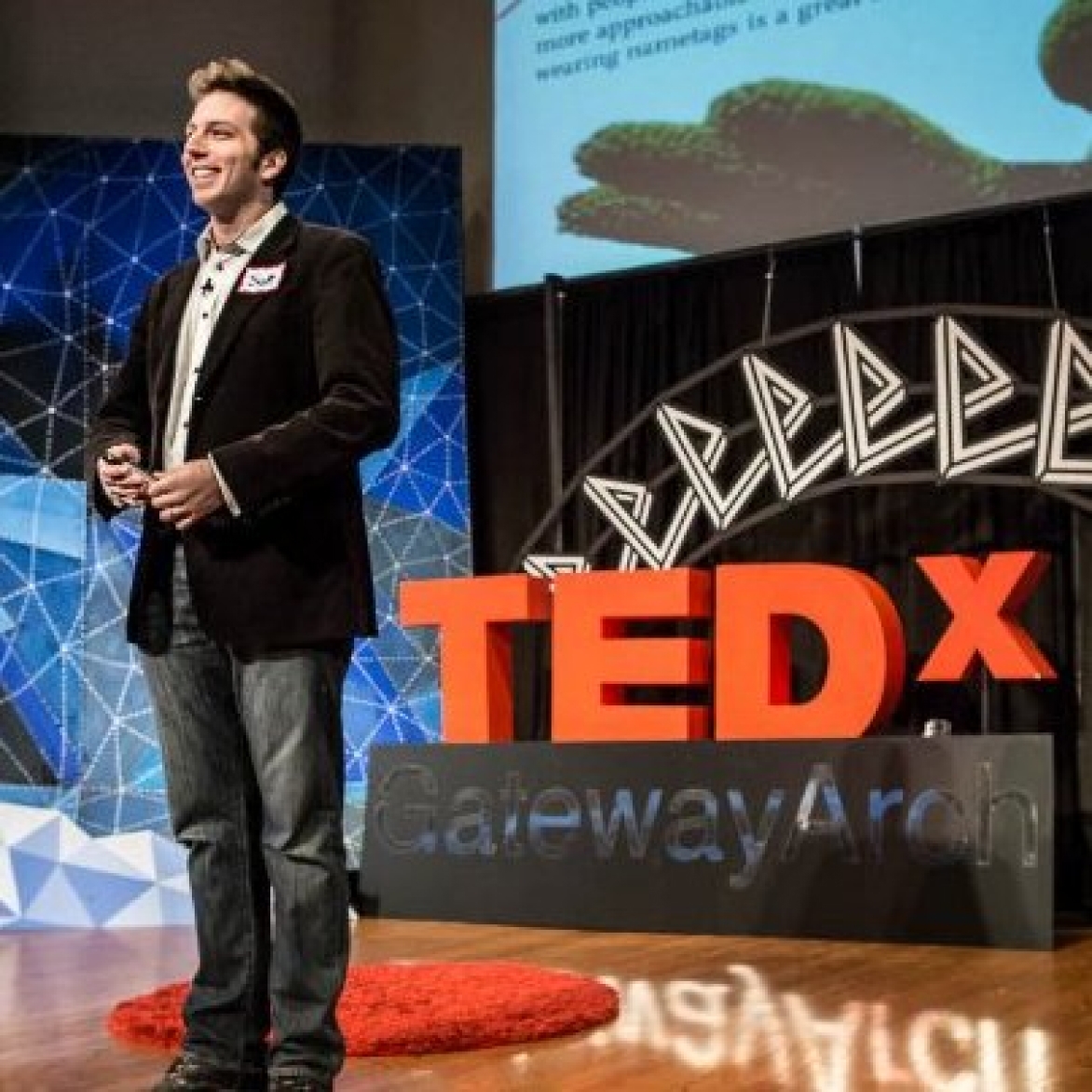
The Context
We’ve been told that writing is easy, all we have to do is open a vein and bleed. But what happens when you don’t know where to start? How are you supposed to draw blood when the vein is so hard to find? In the medical world, any phlebotomist worth their salt will have their special own bag of tricks for solving this very common problem, especially for patients with thick skin. And similarly, every creator needs their own set of strategies for finding the creative vein. Rollo writes in his legendary book on the courage to create. The first thing we notice in a creative act is that it is an encounter. The essential point is not the presence or absence of voluntary effort, but the degree of absorption, intensity and quality of our engagement with the world. This is where the blood of inspiration pools, and once we train ourselves to access it on a moment’s notice, we will never run out of ideas again.
The Tool
Tapping
TAPPING — Questions to mine the emotional tension of your immediate past experiences as raw source material for creative expression
By starting at the sensation level of experience, relating to it with kindness and curiosity, and then blackening the page, something interesting usually appears. The upside to this process is, anyone can apply it. Even people who don’t consider themselves as writers. Because this isn’t about literature, this is about learning. It’s about defining the events in our life in a way that we actually grow from them. It’s about transforming the smallest events or situations into breakthroughs in thinking and action. It’s about alchemizing both joyful and painful life experiences into real opportunities for profound healing. This is perhaps our greatest defense against inertia. Not just as creative people, but as people. Make sure that our learning is greater than our experience.

Scott's Take
During my daily writing sessions, my trick for finding the vein is traveling back in time and considering my encounters from the previous day. With people, with objects, with art, with the world, with anything. And what’s helpful for drawing blood is to ask myself certain reflection questions. Each of which challenges me to notice and name my feelings and emotions from yesterday, and follow them. As you read these, think about your own answers, but also think about your own questions that might help open a vein for your creative practice. Whom did you badly want to call bullshit on? What happened that offended your sense of order? What did you say that made other people pause? Where did you experience surprise, delight, awe or violated expectation? Who did you engage with that taught you something? What did you see that made you change your mind? What problems did you notice in the world that you wanted to fix? What did you see that you weren’t okay with? What ideas came out of your mouth that beg further exploration? It really works. This is my daily process for writing from the inside out, and inspiration is rarely far away.
The Rest
Ultimately, the problem of our society is that instead of learning from our mistakes, we make the music faster and louder, and the drugs stronger and cheaper. Perhaps opening the creative vein and bleeding all over the page is only high we need. Have needle will travel, back in time. Are you truly learning from experience, or only learning to become more like yourself?
The Benefits
Find the vein of inspiration consistently
Learn from your experiences faster
Define events in a way that you actually grow from them
Transform small moments and situations into breakthroughs in thinking and action